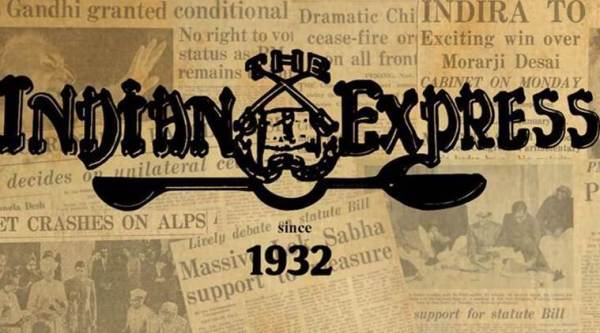 The verified uncle and alleged co-conspirator of Nirav Modi in the Punjab National Bank scam has produced a creative argument which signals that India has turned a corner, with respect to fugitives.
The verified uncle and alleged co-conspirator of Nirav Modi in the Punjab National Bank scam has produced a creative argument which signals that India has turned a corner, with respect to fugitives.
Newly-minted Antiguan citizen Mehul Choksi has sought the cancellation of non-bailable warrants against him in India, because the apparently popular culture of lynching would cause his life expectancy to plummet immediately, were he to return. The verified uncle and alleged co-conspirator of Nirav Modi in the Punjab National Bank scam has produced a creative argument, which signals that India has turned a corner, with respect to fugitives. In earlier, simpler times, accused foreigners pleaded against extradition on the grounds that they would be subjected, by the Indian justice system, to inhuman conditions behind bars.
Kim Davy, accused in the Purulia arms drop case, was the most famous of the old-timers, and leveraged the account of his colleague Peter Bleach of jails in West Bengal to nix possibilities of extradition. Choksi has evaded extradition from the US by buying an Antiguan passport for the price of a modest apartment in Delhi. But if some future government is implacable enough to forge an extradition treaty with Antigua, he won’t find it hard to block a request. Unlike Davy, who depended on a single account, Choksi can offer fattening clipping files from the Indian and international press, bearing testimony that mob justice is prevalent.
There is bleak irony in a lawbreaker demanding immunity from the law on the plea that the spirit of Judge Lynch roams the land, having relocated from his native Virginia. Choksi, having relocated to Antigua, can probably relax amidst other residents who are famous rather than infamous — Eric Clapton, Richard Branson, Giorgio Armani, Timothy Dalton, Vivian Richards. Much finer company than the loutish mobs on India’s streets.